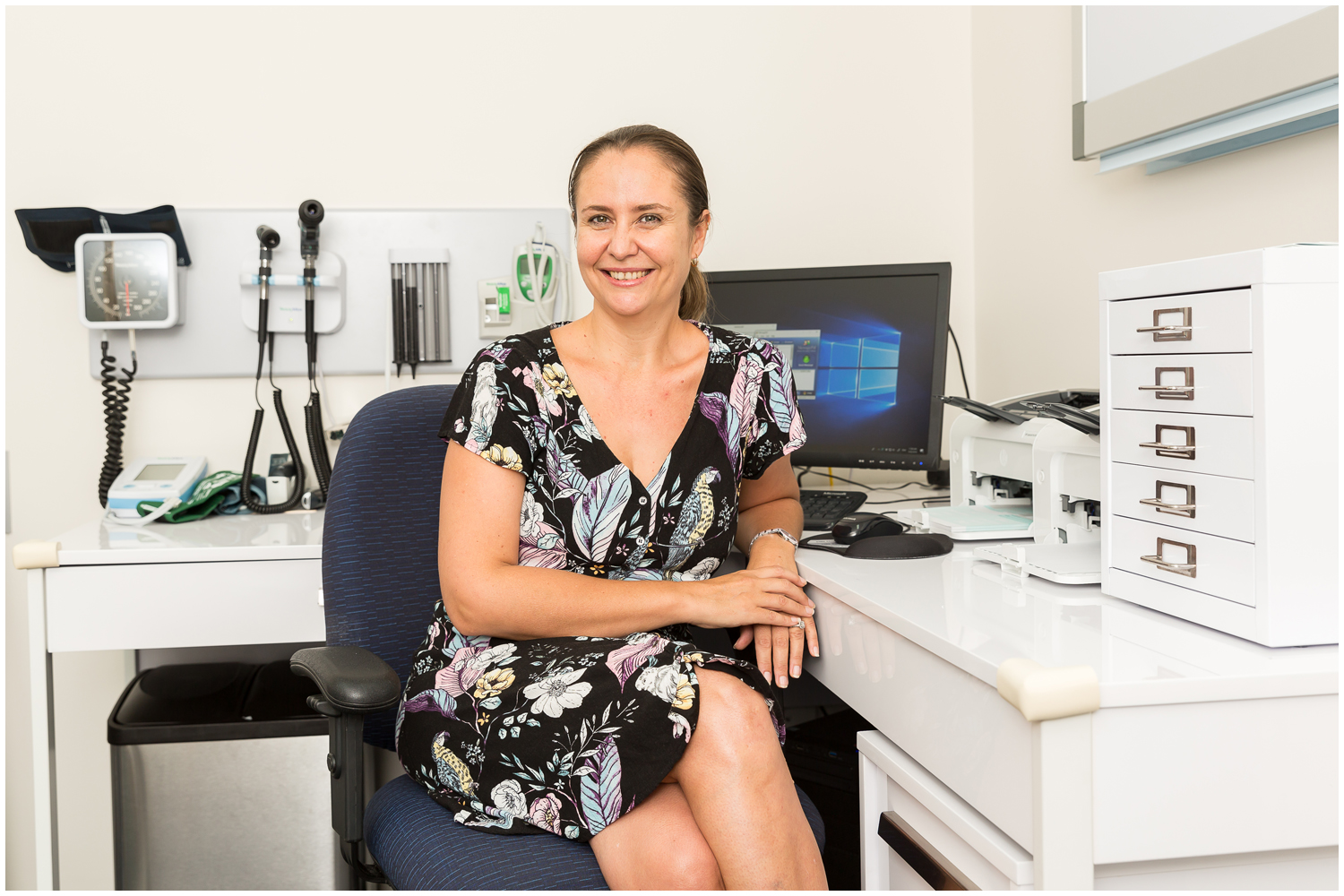Menopause

Call to book an appointment (07) 5314 1321 or click the link below to book a pre consult online 24/7.
What is menopause?
Menopause is the natural transition marking the end of a woman’s menstrual cycles and fertility, caused by a decline in oestrogen and progesterone as the ovaries gradually reduce hormone production.
When does menopause begin?
Menopause typically begins between the ages of 45 and 55, with the average age around 51. However, symptoms related to the transition can start earlier, during perimenopause, which often begins in the early to mid-40s.
What are the symptoms of menopause?
Menopause symptoms vary, but common ones include hot flushes, night sweats, mood changes, and sleep disturbances. Many women experience irregular periods before they stop entirely, along with vaginal dryness and decreased libido. Joint aches, “brain fog,” and weight gain, especially around the abdomen, are also frequent. While symptoms differ in intensity, various treatments can help manage them effectively.
Are there treatment options?
There are a variety of menopause treatment options to reduce symptoms and improve quality of life. Hormone Replacement Therapy (HRT), non-hormonal medications, lifestyle adjustments, natural remedies and supplements, cognitive behavioural therapy (CBT), and vaginal oestrogen therapy can all be considered after discussing with your GP.
Dr Linda Burnett is here to support your menopause journey
Seeing a GP about menopause can help you find effective ways to manage symptoms like hot flushes, mood changes, and sleep disturbances, improving your quality of life. Since menopause affects everyone differently, a GP can offer guidance on treatments, such as hormone replacement therapy or non-hormonal options, tailored to your unique needs and health history. Additionally, they can help you understand and monitor any long-term health changes associated with menopause, like bone density and heart health, ensuring the best support during this transition. Book a consult with Dr Linda to discuss lifestyle, diet, sleep hygiene, non hormonal and hormonal medications that may help ease your menopausal symptoms.

Understanding how to treat menopause
Medication Options
There are both hormonal and non hormonal medications that can be used to lessen the symptoms of menopause. Hormone replacement therapy (HRT) options include combined (oestrogen & progestogen), oestrogen only or bioidentical hormone therapy. Non hormonal medication options include some SSRIs, Gabapentin or Clonidine. Consult with your GP before treating menopause with any medication.
Treating Menopause Naturally
Menopause and perimenopause symptoms can often be effectively managed with non-medication approaches. Lifestyle changes, dietary adjustments, and improved sleep hygiene can all significantly ease symptoms and support overall well-being during this transition.
Tailoring Your Treatment Pathway
Every women’s journey through menopause will be individual to themselves. Symptoms, severity and length varies and can be unpredictable and difficult to manage alone. Dr Linda Burnett accepts patients for initial consults, ongoing treatment options and reviews for all stages of menopause, tailoring a management plan that suits each individual.
Detecting Menopause Symptoms
Menopause and perimenopause symptoms can often be effectively managed with non-medication approaches. Lifestyle changes, dietary adjustments, and improved sleep hygiene can all significantly ease symptoms and support overall well-being during this transition.

